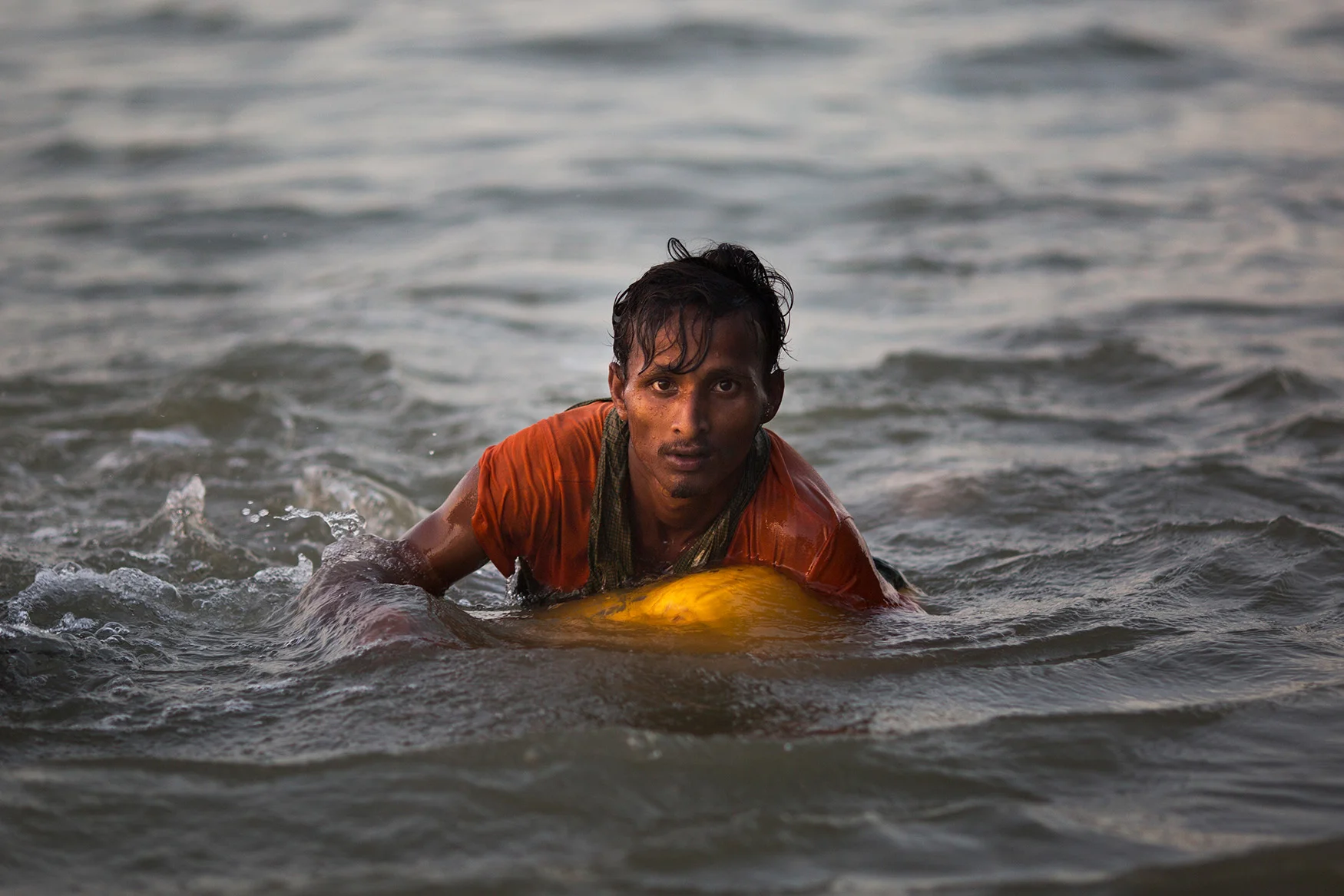Rohingya Fleeing Rape
The Associated Press sent a team of journalists to refugee camps in Bangladesh to investigate the use of rape by Myanmar’s armed forces against Rohingya Muslim women and girls.
Out of the shadows: Rohingya rape survivors’ babies arrive
More than 10 months have passed since Myanmar’s security forces launched a sweeping campaign of rape and other brutalities against the Rohingya, and the babies conceived during those assaults have been born.
AP Investigation: Rape of Rohingya sweeping, methodical
The soldiers arrived, as they often did, long after sunset. It was June, and the newlyweds were asleep in their home, surrounded by the fields of wheat they farmed in western Myanmar. Without warning, seven soldiers burst into the house and charged into their bedroom.
21 Rohingya women recount rape by Myanmar armed forces
Their stories were hauntingly similar.
The use of rape by Myanmar’s armed forces has been sweeping and methodical, the AP found in interviews with 29 Rohingya Muslim women and girls now in Bangladesh. They were interviewed separately, come from a variety of villages in Myanmar and now live spread across several refugee camps in Bangladesh. Yet their stories were hauntingly similar.
Video
Video: AP reporters traveled to Rohingya camps in Bangladesh to investigate the use of rape by Myanmar’s armed forces. Narrated by Kristen Gelineau; Photos by Wong Maye-E; Video footage by Dar Yasin, Rishabh Jain, Bernat Armangue, Esther Htusan, Wong-Maye-E, Farzana Hossen, and APTV; Edited by Nat Castañeda
Text by Kristen Gelineau | Photos by Wong Maye-E
The Associated Press reported this story with a grant from the Pulitzer Center on Crisis Reporting.












Photos Wong Maye-E